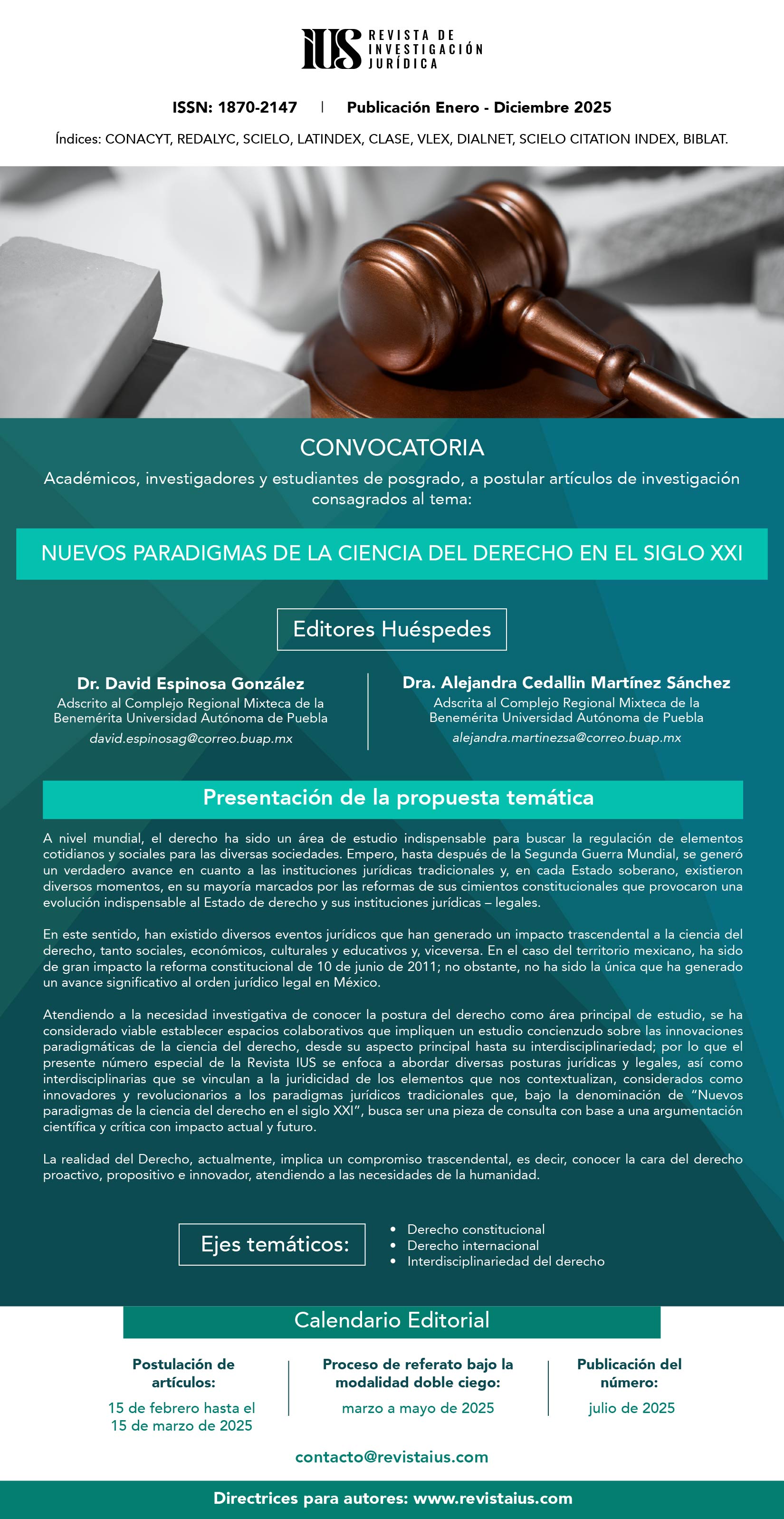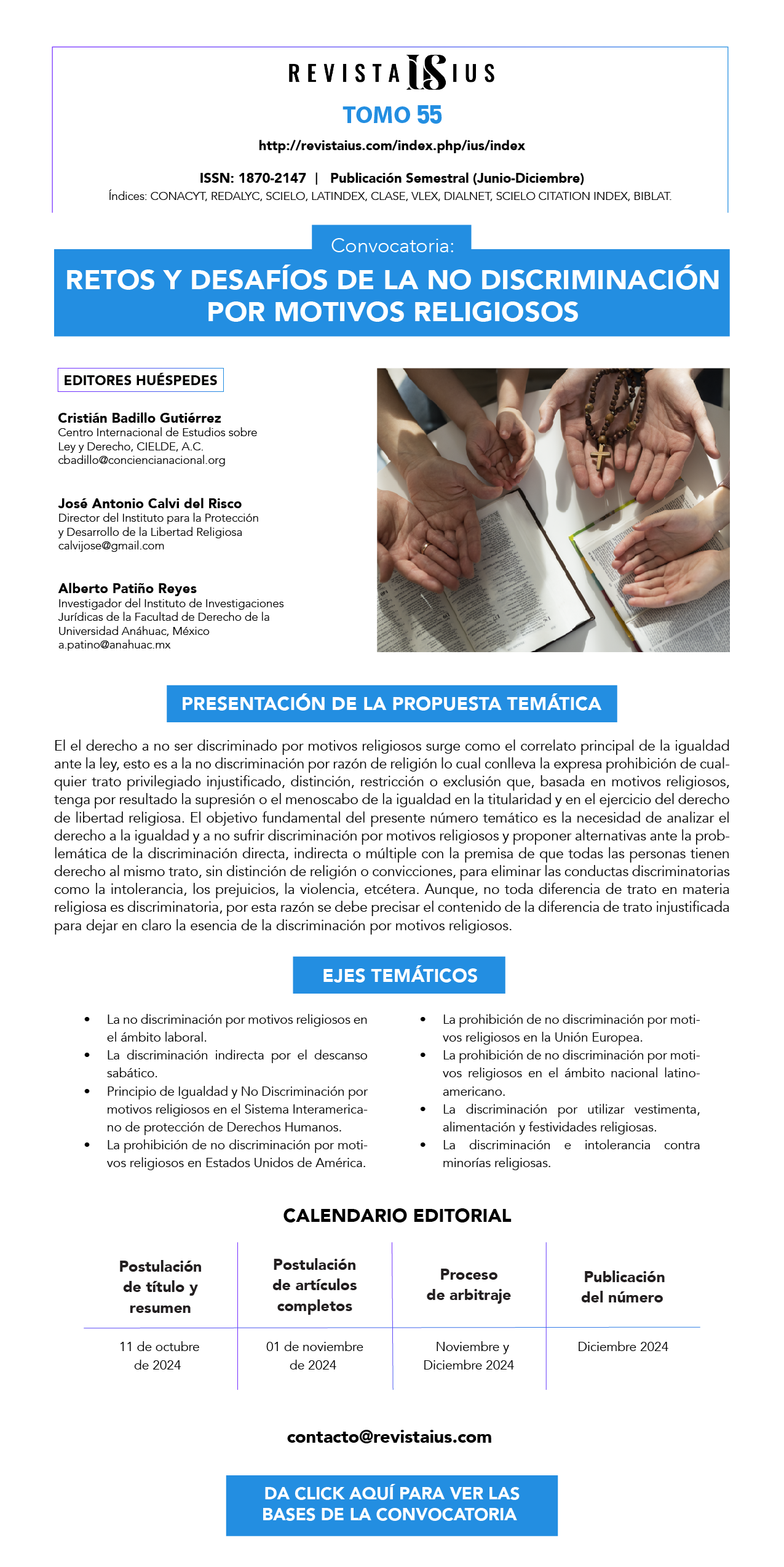Indirect expropriation in the Models of Bilateral Investment Treaties in Latin America in the 21st century: Advance or setback?
DOI:
https://doi.org/10.35487/rius.v17i51.2023.921Abstract
This paper analyzes the pronouncement on indirect
expropriation in the original investment models of the
Latin American region up to the present. However, these
elaborations have not always reflected an appropriate
formulation and over time they have been perfected
until today in which, as of the new century more
advanced Models are verified worldwide in which
the definition of indirect expropriation included, the
assumptions for its configuration and other elements.
In this sense, the method used has consisted in the
study of the Expropriation clause of the models and
their comparison with the one established in the most
advanced in the area and the world, verifying that the
Latin American region with the presence of Models
since 1980s doesn’t represent a particular reference,
except for Colombia and Brazil which from each of their
perspectives in the 21st Century join the most innovative
Models in the internationally in this issue. Such situation
shows the need to develop and have Latin American
Models adjusted to the realities and experiences of
the countries about indirect expropriation, which
from their own, authentic approach and protection
of their interests create a base document before the
negotiations of the Investment Agreements of Latin
America with diverse counterparties.
Downloads
Downloads
Published
Issue
Section
License

This work is licensed under a Creative Commons Attribution-NonCommercial-ShareAlike 4.0 International License.
Revista IUS, published by the Legal Sciences Institute of Puebla A.C., is distributed under the Creative Commons Attribution-NonCommercial 4.0 International (CC BY-NC 4.0) license.
We authorize collaborators to upload a copy of their published work on their personal websites or any Open Access repository, provided that Revista IUS is specifically cited as the original source, indicating the year and issue of the respective example and adding the link to the webpage on which this publication can be freely consulted in toto and without charge: http://www.revistaius.com
Readers are free to:
Share, copy and redistribute the material via any medium or format.
The licensor cannot revoke these freedoms as long as you follow the license terms.
Under the following terms:
Attribution: You must give appropriate credit, provide a link to the license, and indicate if changes were made.
You may do so in any reasonable manner, but not in any way that suggests the licensor endorses you or your use.
NonCommercial – You may not use the material for commercial purposes.
If you remix, transform or build upon the licensed material, its distribution is not permitted.
Charges for managing articles: Revista IUS will not charge for receiving, processing or publishing articles (Article Processing Charge, or APC) submitted by authors.





